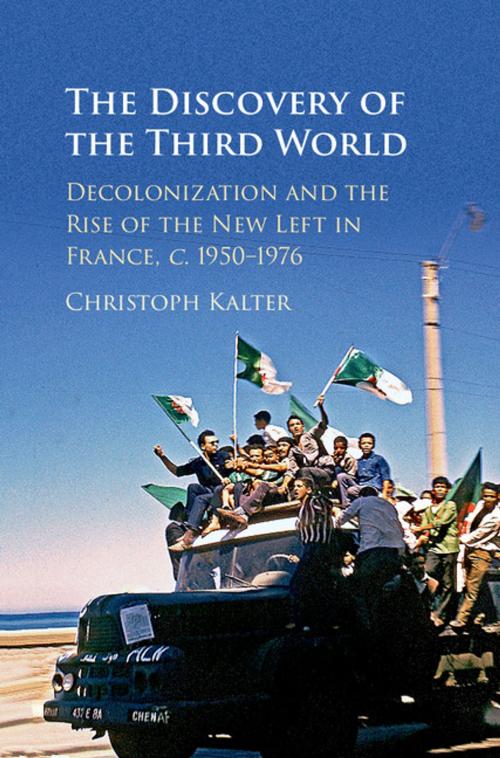The Discovery of the Third World
Decolonization and the Rise of the New Left in France, c.1950–1976
Nonfiction, History, European General, Modern, 20th Century| Author: | Christoph Kalter | ISBN: | 9781316691922 |
| Publisher: | Cambridge University Press | Publication: | September 12, 2016 |
| Imprint: | Cambridge University Press | Language: | English |
| Author: | Christoph Kalter |
| ISBN: | 9781316691922 |
| Publisher: | Cambridge University Press |
| Publication: | September 12, 2016 |
| Imprint: | Cambridge University Press |
| Language: | English |
An innovative account of how the concept of the 'Third World' emerged in France from the mid-1950s through to the mid-1970s alongside a new leftist movement. The book reveals how, in an age of Cold War, decolonization and development thinking, French activists rose to prominence within the political Left, established transnational contacts, and developed a new global consciousness. Using the 'Third World' concept to reinvigorate anticolonial solidarity, they supported the Algerian FLN, the Cuban Revolution, and the liberation movements in Vietnam and Portuguese Africa. Insisting on the postcolonial character of France after the end of empire, they promoted new forms of cooperation with developing countries and immigrant workers. Examining the work of French leftists in publications such as Partisans, parties such as the PSU, and associations like the CEDETIM, Kalter sheds new light on a crucial moment in France's history, the global contexts that prompted it, and its worldwide ramifications.
An innovative account of how the concept of the 'Third World' emerged in France from the mid-1950s through to the mid-1970s alongside a new leftist movement. The book reveals how, in an age of Cold War, decolonization and development thinking, French activists rose to prominence within the political Left, established transnational contacts, and developed a new global consciousness. Using the 'Third World' concept to reinvigorate anticolonial solidarity, they supported the Algerian FLN, the Cuban Revolution, and the liberation movements in Vietnam and Portuguese Africa. Insisting on the postcolonial character of France after the end of empire, they promoted new forms of cooperation with developing countries and immigrant workers. Examining the work of French leftists in publications such as Partisans, parties such as the PSU, and associations like the CEDETIM, Kalter sheds new light on a crucial moment in France's history, the global contexts that prompted it, and its worldwide ramifications.















